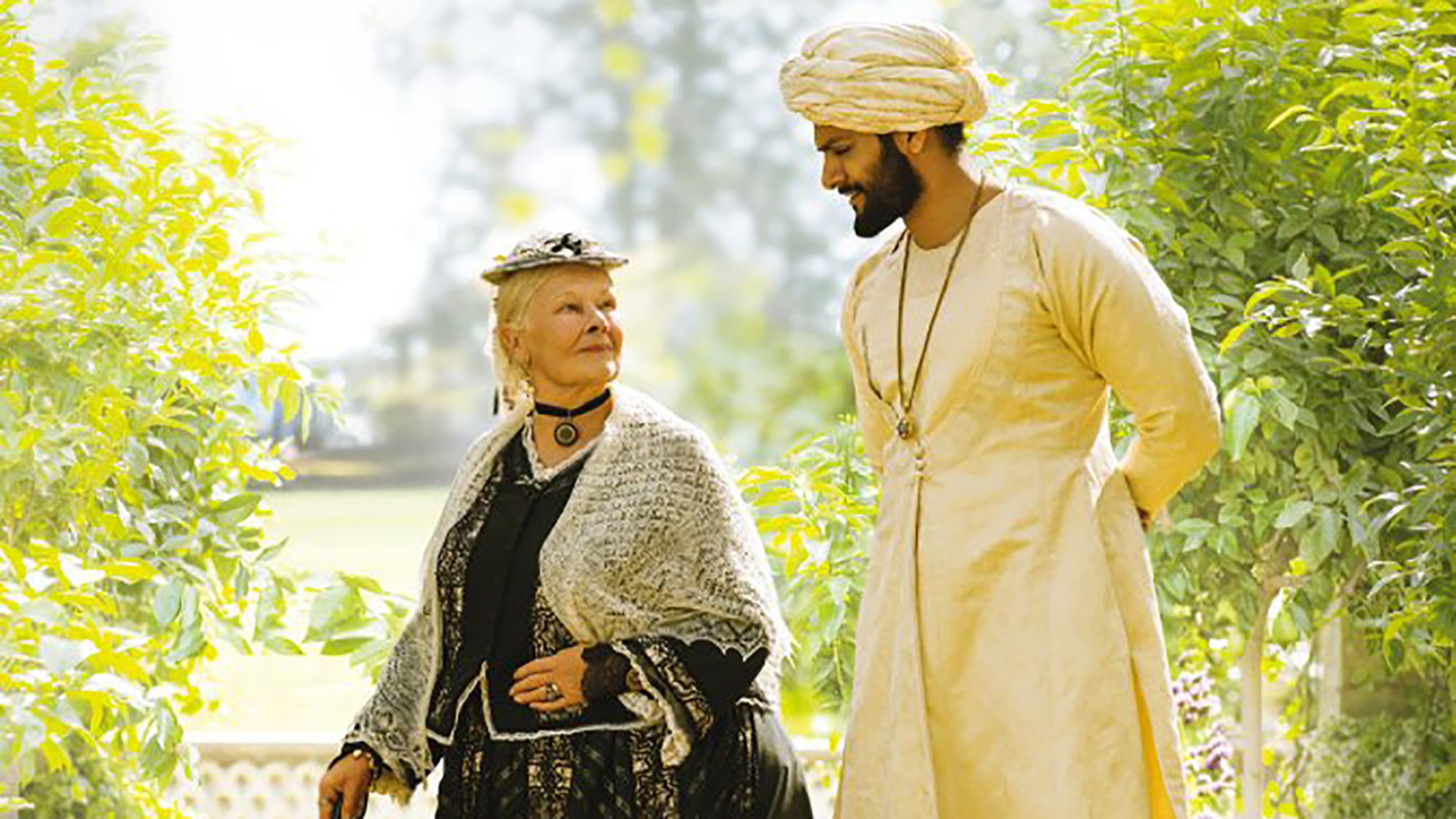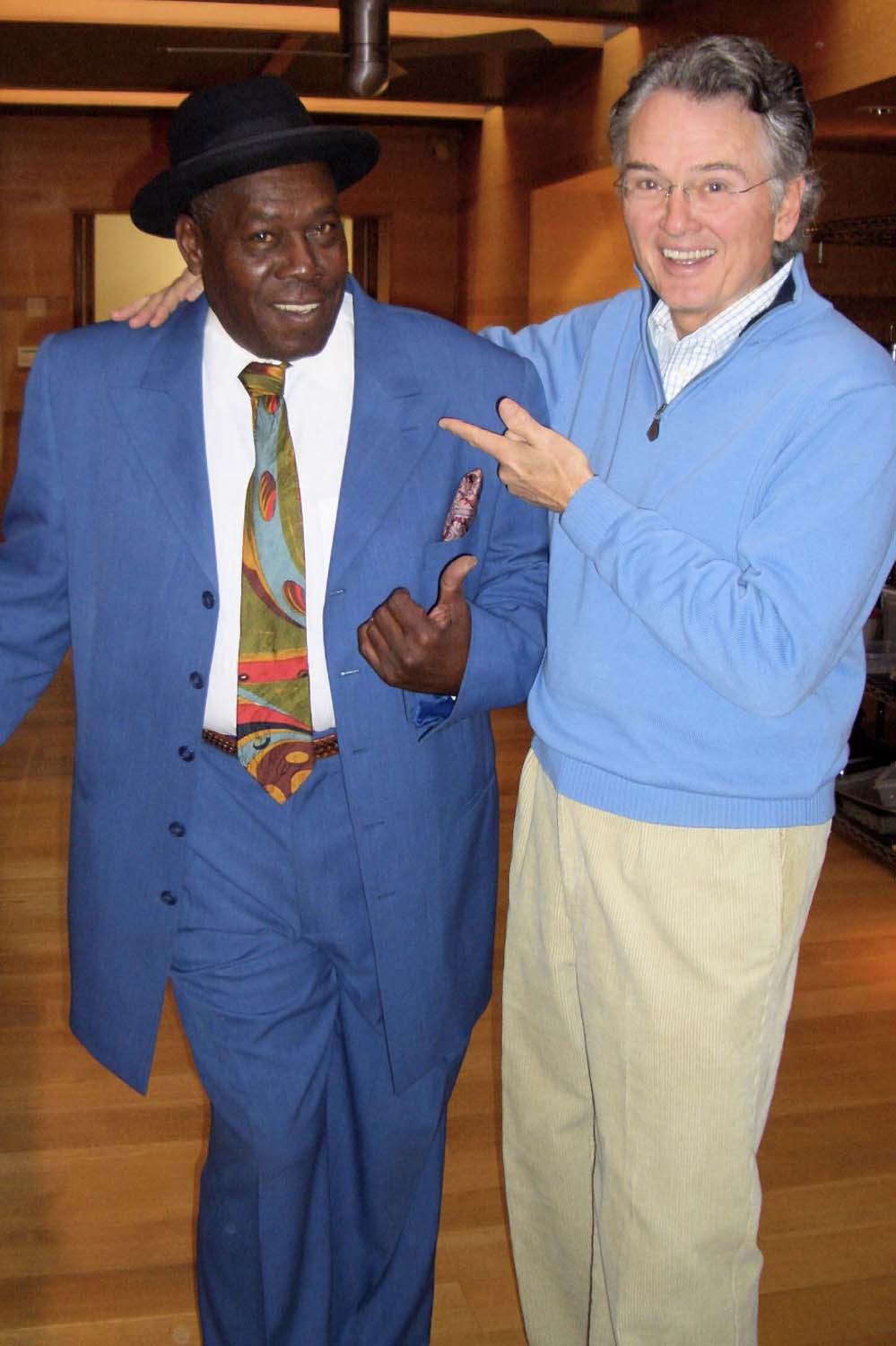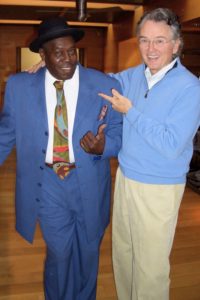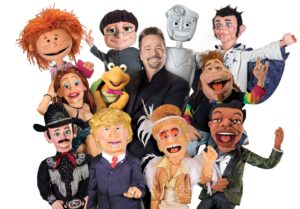Danny Strong has appeared in “The Gilmore Girls” and “Buffy the Vampire Slayer,” wrote the “Mockingjay” films that finished the “Hunger Games” series, co-created “Empire.” He wrote and directed “Rebel in the Rye,” with Nicholas Hoult as J.D. Salinger, now in theaters. It is a touching, thoughtful story of a young man who is passionate about being a writer but only after the searing trauma of military service in WWII is he able to fully find his voice to write one of the most influential novels of all time, Catcher in the Rye. Salinger also wrote some acclaimed short stories and novellas, and then moved to New Hampshire, and made almost no other appearances in print. In an interview, Strong talked about why Catcher is his favorite of Salinger’s works and about telling the story of a man almost as famous for his decision to stop publishing as he is for what he wrote.
Do you have a favorite Salinger book?
Catcher in the Rye. I think it’s the best work but there’s sort of an intellectual bias against it. I reread it when I wrote the script and it was terrific. I loved it. It was so funny and insightful and Holden was just a terrific character. Certainly a scholarly point of view is that the later works are better, Seymour: An Introduction and Franny and Zooey. But for me Catcher is the richest as a story as opposed to just a philosophy. There are long religious passages on Franny and Zooey where we’re out of the story range and into the philosophizing range which some people enjoy in their literature. I read this letter of his that he said “sometimes I wonder if I’m propagandizing for the religious point of view” although he says it in a different phrasing, and then he says “but I just can’t help it when I just sit down and what’s inside of me comes out.”
Salinger was supported by and influenced by his professor Whit Burnett, who tells him that the story is everything. Is that right?
Yes, and there is something in the swami’s line about “Do you write to show off to your talent or to express what’s in your heart?” For me it’s the story and what happens and when I see a film that’s what I value most. The characters’ arc is the story. That’s the difference between plot and story. The plot is what happens and story is what this is all about, what you’re trying to say, what you take away from it. So the character journey is to me what’s ultimately the story. And then what makes a story good is when you have terrific characters in it that are dynamic and they’re entertaining, insightful or interesting; all of those things.
Salinger famously prohibited a film version of Catcher in the Rye, even though some of Hollywood’s top directors were interested. Could it be a movie?
People have asked me if I could make that would I? No. I don’t think it would be very good. What happens is he wanders around New York City and he encounters people and he’s antsy. I mean literally it’s the internal monologue and it’s the way he phrases things that makes it so engaging and entertaining and what happens is fine but it’s not cinematic to me.
For a man who was cynical and sarcastic, he was almost obsessed with innocence.
You can be sarcastic and still have “innocence,” right? I mean for me it was more of a loss of youth that was ripped away from him because of the war, because of trauma, because of seeing dead bodies in the Holocaust and nearly freezing to death, as he said, the smell of burning flesh that you can never get out of your nose. But you look at his writing before the war which wasn’t nearly as sophisticated, but nonetheless was very witty and had that sarcasm and was an exploration of Upper East Side life in a way that is quite fun to read. It just doesn’t have the depth that he hit after he experienced what he experienced.
It’s just a small body of work and it’s fascinating to me how obsessed people are with him over this the small body of work and how meaningful it is, people’s attachment to him and protectiveness of him over such a small body of work.
Why did he isolate himself?
He was part of the community in Cornish and he’d come back to New York from time to time and go to the same bookstore and vacation in Florida so he wasn’t a hermit, but he seemed to have an inability to really function socially and needed to be isolated. I view that as just another symptom of untreated PTSD and untreated trauma. I think when you look at someone who writes for forty to fifty years in a room by himself and never shows that work to anyone I view that as therapy, as someone who it’s therapeutic for them and it’s healing for them. In the case of the film and the story in the film t’s a triumph for him to a certain extent, that he’s become the ultimate writer, that he can just right for the sake of writing and he needs “nothing in return” and that’s the journey.
It is a Zen type journey which I believe is completely accurate for him. I think that that was him and that’s who he became. His writing became this meditation that was some sort of relationship with a higher being. I think maybe that’s intellectually how he talked about it, but for me I just see it as therapeutic; as someone who has a racing mind, a troubled soul who’s trying.




